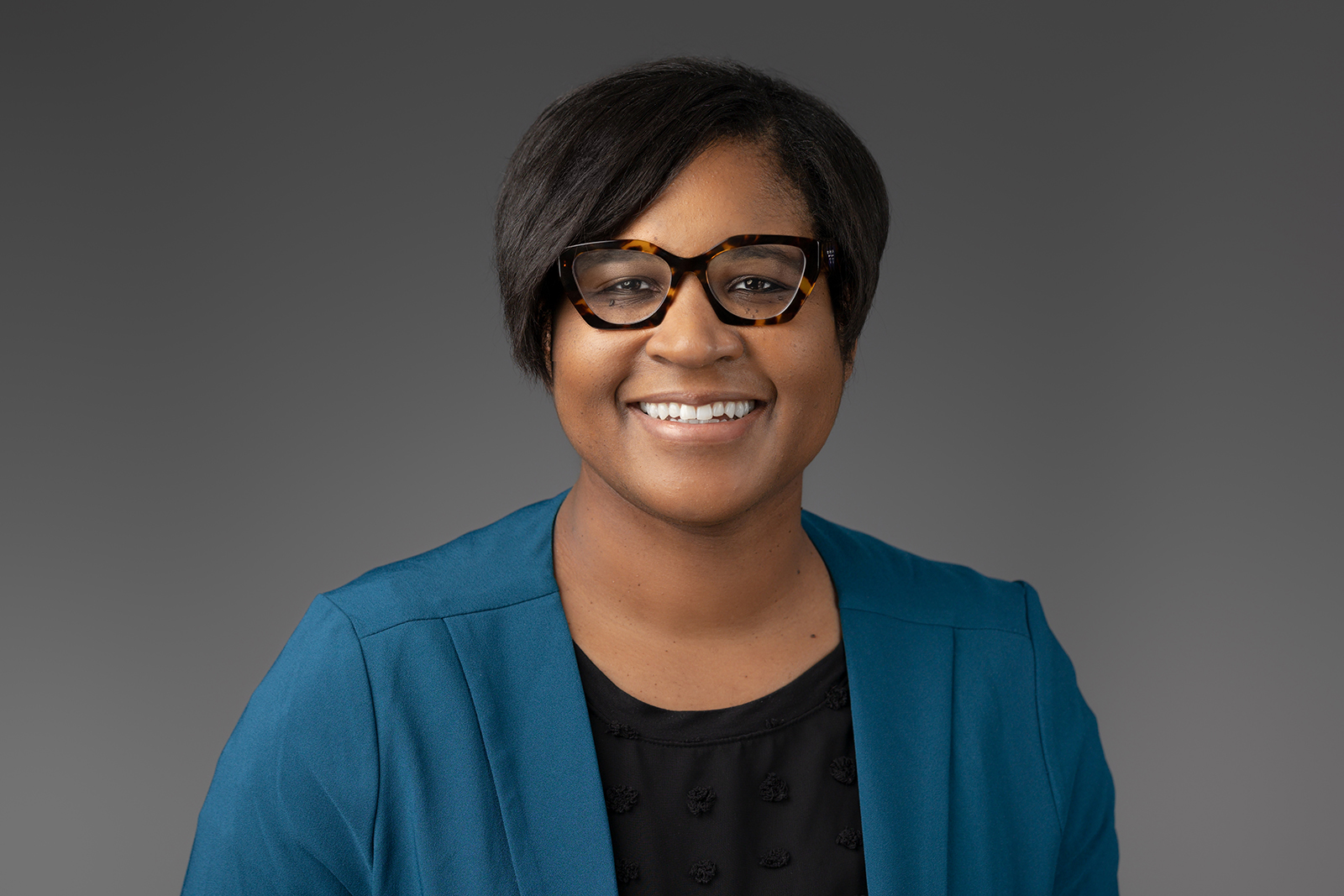Fully leveraging community resources will be essential to stemming the tide of opioid use disorder disparities and the associated morbidity and mortality. These issues and outcomes are embedded in a rich environment of resources and opportunities for enhancing engagement of communities at greatest risk for opioid-related deaths. Potential community-informed solutions may include community-engaged health promotion activities, which have been effective in addressing health disparities among African Americans or potentially expanding OUD treatment models to include interventions in nontraditional community settings. Clinicians and researchers are invited to attend this seminar to learn about novel approaches for partnering with communities of color to increase SUD treatment capacity.
1.Describe the critical elements involved in establishing an effective community-based addiction treatment program.
2.Discuss the importance of institutional partners establishing trusting relationships with community leaders and involving them in driving the implementation of community addiction care.
3. Explore avenues for enhancing SUD treatment capacity and recovery within African-American communities.

Morgan Medlock, M.D., M.Div., MPH, is a convener, educator, and clinician who is passionate about designing equitable, community-centered behavioral health interventions. Since completing adult psychiatry and health policy training at Harvard Medical School in 2018, Morgan has served in academia, local and state government, and on a national stage, advocating for a more just system of care for marginalized populations. She is the lead editor of the volume “Racism and Psychiatry: Contemporary Issues and Interventions,” which has become a resource for anti-racism work at institutions across the country. She is also adjunct faculty at Howard University College of Medicine where she researches strategies for centering the history and experiences of communities of color in substance use disorder interventions. With additional training in divinity, Morgan has contributed to the development of a church-supported counseling center in Washington, D.C., and intensive, trauma-informed approaches for supporting adolescents in Dallas. She is an alumna of the Milbank Fund Executive Fellows Program and Commonwealth Fund Minority Health Policy Program.